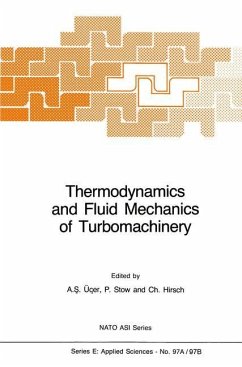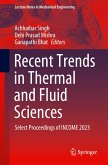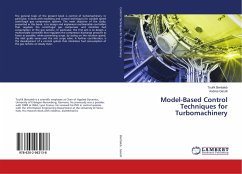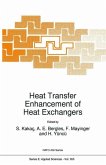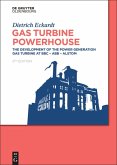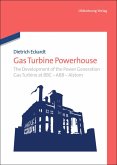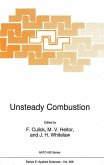During the last decade, rapid advances have been made in the area of flow analysis in the components of gas turbine engines. Improving the design methods of turbomachine blade rows and under standing of the flow phenomena through them, has become one of the major research topics for aE'rodynamists. This increase of research efforts is due to the need of reducing the weight and fuel consumption of turbojet engines for the same thrust levels. One way of achieving this is to design more efficient components working at high local velocities. Design efforts can lead to desired results only if the details of flow through the blade rows are understood. It is also known that for aircraft propulsion systems development, time and cost can be reduced significantly if the perf ormance can be predicted with conf idence and enough precision. This· generally iK:eds sophisticated two or three dimensional computer codes that can give enough information for design and performance prediction. In the recent years, designers also started to use these sophisticated codes more and more with confidence, in connection with computer aided design and manufacturing techniques. On the other hand, the modelling and solution of flow and the meast
Hinweis: Dieser Artikel kann nur an eine deutsche Lieferadresse ausgeliefert werden.
Hinweis: Dieser Artikel kann nur an eine deutsche Lieferadresse ausgeliefert werden.

